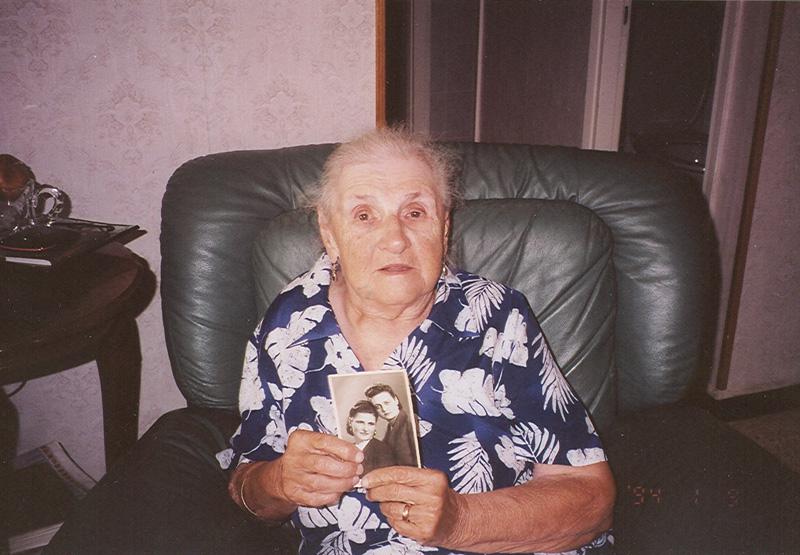

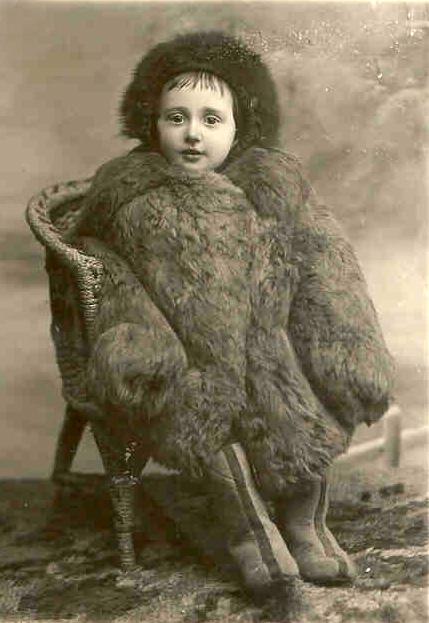

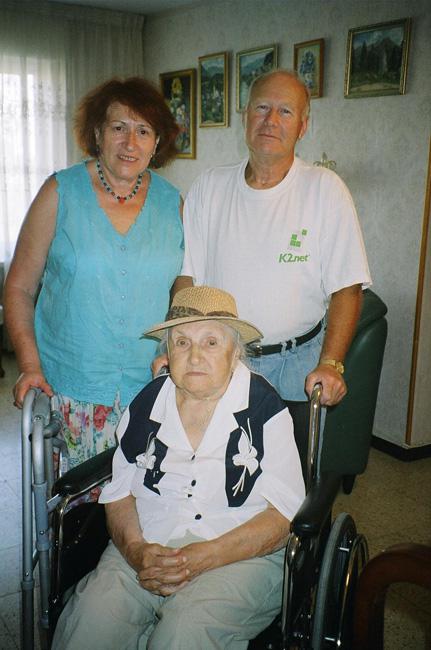

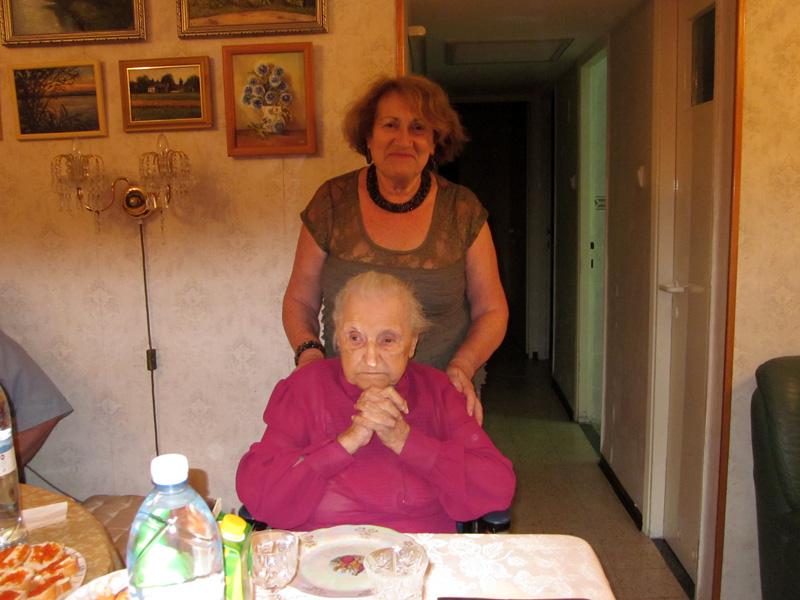

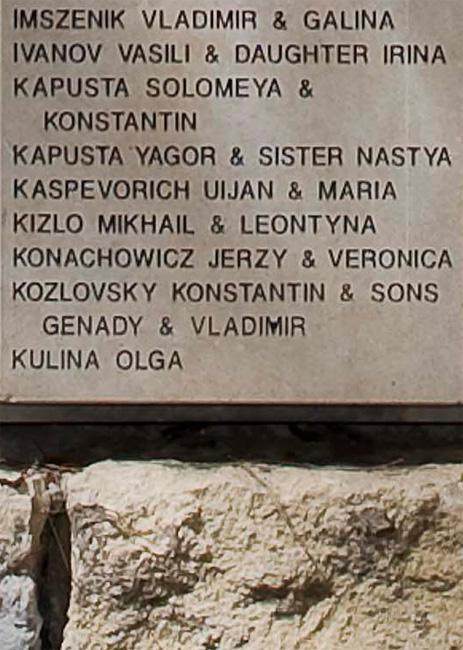

Sunday to Thursday: 09:00-17:00
Fridays and Holiday eves: 09:00-14:00
Yad Vashem is closed on Saturdays and all Jewish Holidays.
Entrance to the Holocaust History Museum is not permitted for children under the age of 10. Babies in strollers or carriers will not be permitted to enter.










The Orthodox priest Vladimir Imshennik and his wife Galina were residing in the village of Nosilowo, Molodeczno District, Wilno County, Poland (nowadays the region is a part of Belarus). From 1940 to 1950 Vladimir served as rector at the village Church of Transfiguration.
At the end of June 1941 the area was occupied by the Germans, and in October the same year a ghetto was established in the nearby town of Lebiedziew. Among its inmates was one of Vladimir’s acquaintances, a Jewish doctor by the name of Abraham Zodziszski. Dr. Zodziszski was permitted to leave the ghetto to attend to his non-Jewish patients, and used this opportunity to smuggle out Jewish children and passing them to his patients for care and saving. In December 1941 he asked the Imshenniks whether they would agree to save his own two-year-old daughter, Yelena.
Although Vladimir and Galina had a six-year-old son, and shared the house with Galina’s elderly parents, and despite the great danger, they were unable to turn a blind eye to the doctor’s plight, and decided to take his child. On 5 December 1941 Dr. Zodziszski brought his little daughter to her future rescuers. At the beginning the Imshenniks kept her completely out of sight, but eventually she learned Russian and got used to her new family. With time memory of her prewar life faded away and she began calling her hosts “mommy” and “daddy”. On their side, the priest and his wife got very attached to the little girl.
On June 24, 1942 the Germans liquidated the ghetto in Lebiedziew; its inhabitants, more than 600 people, were rounded up and taken to a large cowshed near Markow and murdered: the Germans set fire to the cowshed. Sixty four members of Yelena’s family perished that day, among them her father, maternal grandparents, aunt and uncles with their offspring.
Sometime after the murder of the Jews, the Gestapo in Molodeczno received an anonymous note that the priest from Nosilowo was keeping a Jewish child. Vladimir and Galina were summoned for interrogation; even little Yelena was questioned. Luckily for all of them, the little girl no longer remembered her biological parents and the interrogators did not find evidence to her Jewish origin.
Yelena continued living with the Imshenniks, enjoying their loving care. After liberation in July 1944 nobody came to claim her, and the rescuers concluded that her entire family had perished. Yet, after nearly one year, Yelena’s mother, Maria, appeared; she had survived in the forests with a Soviet partisan unit. Yelena’s older brother Grigory survived hidden and saved by a Russian family from Wilno.
Parting from the child they had cared for and had come to consider their own was extremely difficult for the rescuers, and the return to her family was probably very hard for the child. Yelena, her mother and brother settled in Leningrad (today St. Petersburg), but kept in touch with the Imshenniks, exchanging letters and visiting them.
In the mid 1950's Vladimir and Galina moved to Lwow, Ukraine, with their son. After her husband’s death in 1978, Galina began visiting Yelena in Leningrad more frequently and would stay with her for longer periods. In 1991, when Yelena and her husband, Yury Dolgov, decided to immigrate to Israel, to join their daughter Natasha, they took Galina with them. for nearly 20 years she lived in Jerusalem with Yelena, the girl she had rescued. She passed away on February 28, 2011, at the age of 98.
On December 14, 1993, Vladimir & Galina Imshennik was recognized by Yad Vashem as a Righteous Among the Nations.

Thank you for registering to receive information from Yad Vashem.
You will receive periodic updates regarding recent events, publications and new initiatives.

"The work of Yad Vashem is critical and necessary to remind the world of the consequences of hate"
Paul Daly
#GivingTuesday
Donate to Educate Against Hate


Worldwide antisemitism is on the rise.
At Yad Vashem, we strive to make the world a better place by combating antisemitism through teacher training, international lectures and workshops and online courses.
We need you to partner with us in this vital mission to #EducateAgainstHate
The good news:
The Yad Vashem website had recently undergone a major upgrade!
The less good news:
The page you are looking for has apparently been moved.
We are therefore redirecting you to what we hope will be a useful landing page.
For any questions/clarifications/problems, please contact: webmaster@yadvashem.org.il
Press the X button to continue



